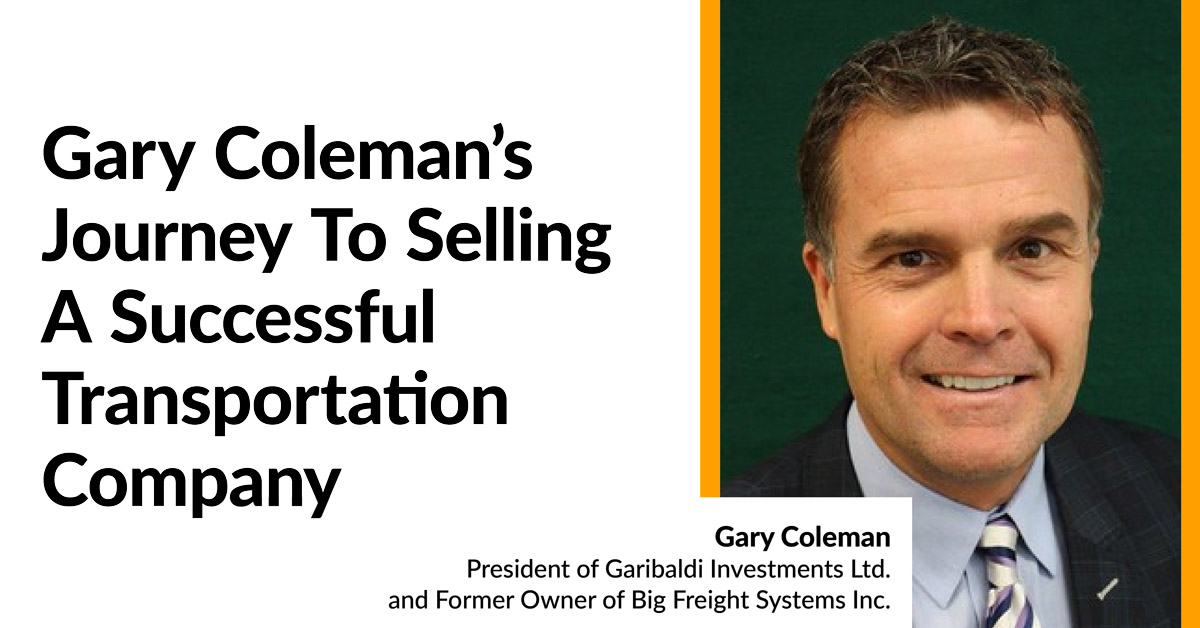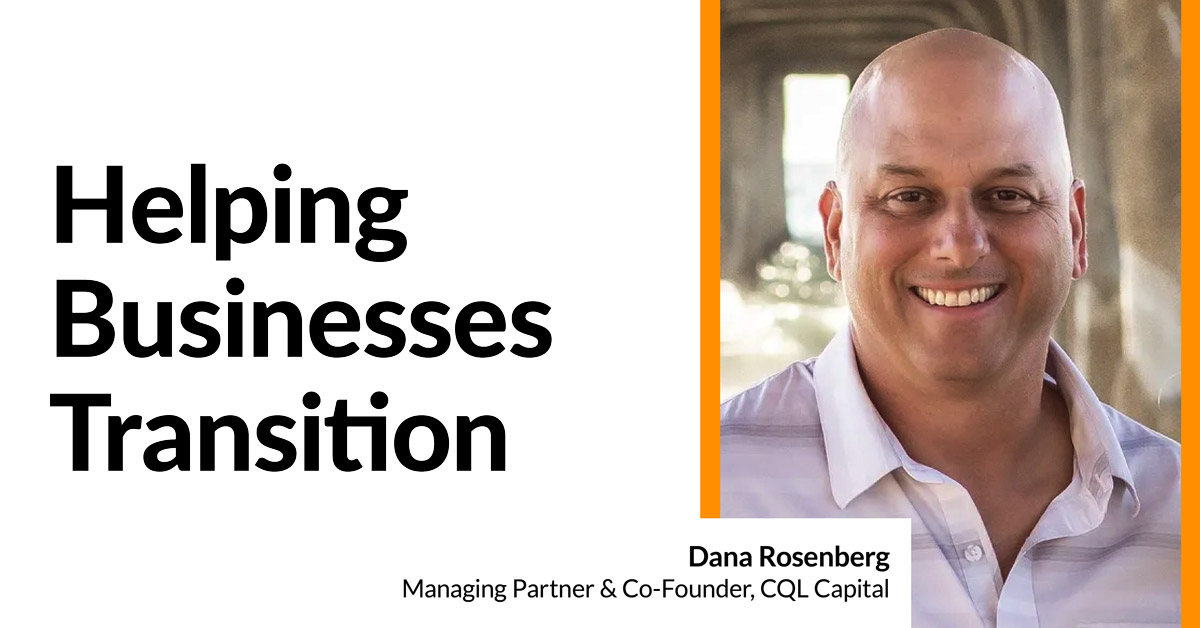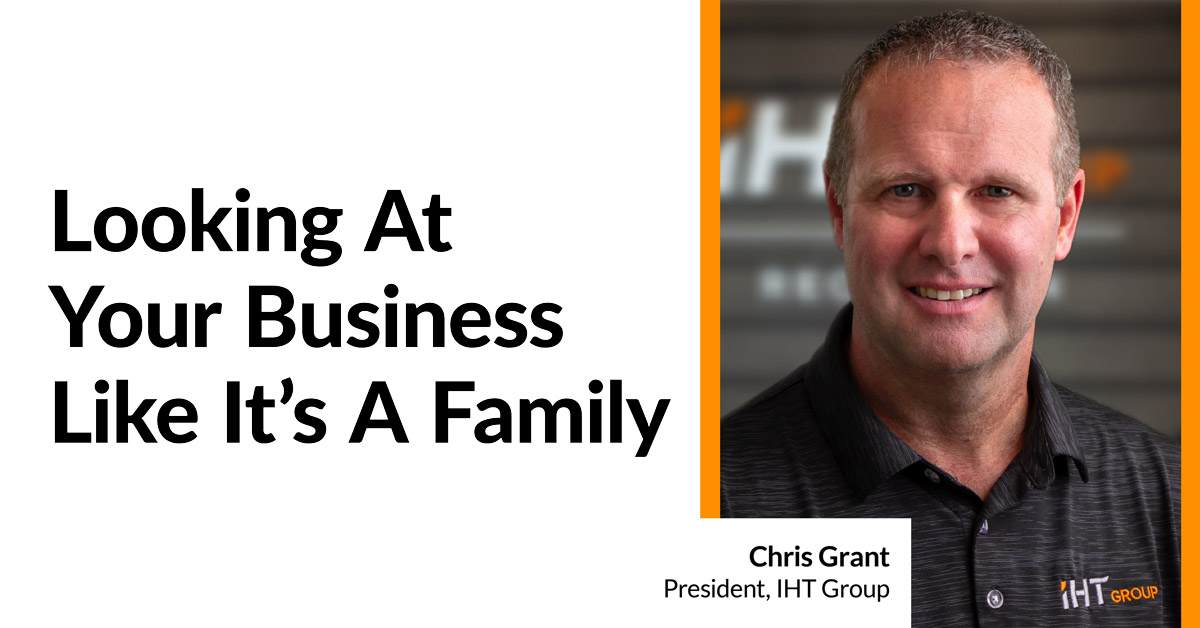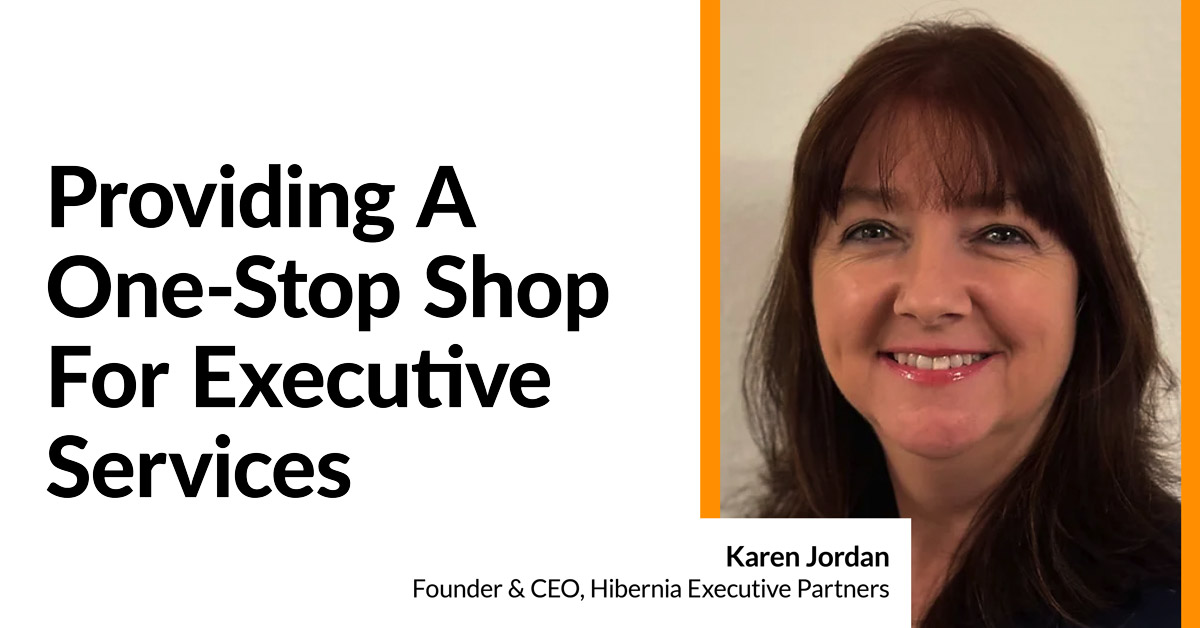Gary Coleman’s Journey To Selling A Successful Transportation Company
Mario Toneguzzi

Ever since he was a young boy, Gary Coleman worked in the family trucking business in the southeastern part of Manitoba, rising to the being the President and CEO of Big Freight Systems Inc., where he led the company for almost 40 years before deciding to sell it. Today, Coleman is President of Garibaldi Investments, based in Winnipeg, which is his family holding company. He runs and manages the family office which consists mostly of industrial and commercial real estate.
Key takeaways:
- The importance of running a business professionally with good accounting, good record-keeping, good management systems in place, reporting metrics, cadence of reporting, lines of authority;
- Looking at the strength of your head of finance or accounting and whether they have the time to assist in the due diligence process of a potential sale;
- Why contemplating a sale why it's advisable to bring in either a team or an individual to assist from an advisory perspective.
Enjoy,
Mark
When it came time to sell his successful transportation company a few years ago, Gary Coleman says the key was having its financial books in order to facilitate the due diligence process in an easy manner.
As President and CEO of Big Freight Systems Inc. for almost 40 years, Coleman led the transition in the sale of the company to American giant Daseke, Inc. just over five years ago. Big Freight’s roots began in 1948 when the Coleman family purchased South East Transfer, a four-truck operation in Steinbach, Manitoba.
“Daseke is a publicly-traded US-based transportation consolidator and were looking for a Canadian footprint to add to the operations they already had in the US. They came knocking six years ago and it took half a year to put the deal together,” says Coleman.
“I had many different shareholders over the years and ultimately had bought out all of them. When I bought out my brother, I set up an advisory board and as well set out a 2,500-day plan and that plan was to have options at the end of the 2,500 days. Options being either sell the business, merge the business in with another business, hire professional management and back away, or just stay the course and continue to run the business.”
There was nothing magical about 2,500 days except that it was long enough to make meaningful changes and short enough that he could see the end of the game. He broke that time-period down into 500 day blocks and then 100 day blocks with specific goals and targets associated with each block.
“The interesting thing about the transportation industry is that there’s always people looking to buy or trying to sell you something and I had been getting unsolicited offers to buy someone’s business or sell our operation, whatever the case may be, and I had been receiving these solications over many years,” he says.
A couriered envelope with a letter came to him one day, introducing the owner of Daseke to him about his interest in buying Big Freight Systems. Coleman’s advisory board pointed out to him that he owed it to himself to meet with them and just maybe his best option arrived 1,500 days earlier than his original plan had outlined.
“My mindset is that it was an option and that’s really the most important part - have your mind open to selling when the opportunity comes to sell versus any time frame restrictions or anything else that might be out there,” he says. “I was open to the idea of selling and they presented a very compelling story in terms of why they wanted to buy and what it would mean for me and what the future would mean for our team members and what the future would mean for our company.”
Coleman is one of the guest speakers at the upcoming Business Transitions Forum on October 13 in Winnipeg at the Delta Hotel. He is part of a closing keynote discussion called Transition Stories, The Good, The Bad & The Different, where business owners will talk about what they went through in a transition with their business. The panel will share insights on what they wish they had known at the beginning of their transition journey and their key learnings for their next endeavours.
“Because we had partners throughout many decades, we always ran the business professionally. So, we had very good accounting and record-keeping. We had excellent management systems in place, reporting metrics, cadence of reporting, lines of authority and the like. So when the due diligence started, it wasn’t that challenging to respond to the seemingly endless list of questions that the purchaser was looking to cover off,” explains Coleman, adding, having that level of management control in place not only made the business stronger but from an outsider looking in it made it attractive.
“The other thing that helped was that the purchaser was about to go public when they started to talk to us and they were promoting the fact that they were going to be a North American consolidator of transportation and were yet to have a Canadian presence and we were the largest specialized carrier in Canada yet to be acquired by a larger company or joined forces with a larger company. So we were the odds-on favourite for them to acquire because they needed a certain size in order to make it worth their while and we fit a lot of the criteria they were looking for.”
Because of that, it became a fairly easy due diligence process in the sale.
Some other keys to a successful sale for companies in general, he adds, is looking at the strength of their head of finance or accounting and whether they have the time to assist in the due diligence process. He would also recommend they bring in either a team or an individual to assist from an advisory perspective.
“The sales journey becomes very emotional in various aspects and to have an advisor who can keep the emotions at bay is quite important. A good advisor can assist on dealing with the tougher aspects of the negotiation,” says Coleman.
Coleman was born and raised in Steinbach, Manitoba, just 65 kilometres southeast of Winnipeg.
Today, he is President of Garibaldi Investments, based in Winnipeg, which is his family holding company. He runs and manages the family office which consists mostly of industrial and commercial real estate, equities and crypto currencies.
“Most of my time is now spent studying, learning and investing in crypto, blockchain and web 3,” he said. “That’s where I’m spending 95 per cent of my time . . . I got into the crypto, blockchain, web 3 world literally January 1, 2021. I was encouraged to start to invest in crypto and, at the time, though it was absolutely crazy and made no sense to me, there was enough hype that I opted to take a deep dive and studied it literally five to six hours a day for about 60 days.
“And over that journey, I saw the potential, saw the opportunities associated with this new asset class and changed my mind. I started investing and I’ve continued to grow that interest, understanding and education and now it’s a meaningful leg in my overall financial portfolio. I spend most of my time in it. Most recently I became an advisor to a Web3 startup called yWhales Inc. I do still have interest in acquiring more industrial, commercial, real estate and if those opportunities present themselves I look at them.”
Coleman began working in the family trucking business when he was in Grade 7. In Grade 11, it was clear to him that he wanted to take over the business after he went to college. He realized that transportation was a massive industry but it was also extremely competitive with extremely small margins and he needed to grow the business substantially if he was going to have the lifestyle he wanted.
In his 20s and 30s, he poured his heart and soul into the business. He eventually led and scaled the dramatic expansion of Big Freight Systems, a multi-generational family run business by 80X, and provided leadership for a team of over 350 employees. Early on in his career, he focused on specialized niches within the transportation sector - always looking to grow the business.
“That’s kind of how the business went from being a small regional player into being a national, international, cross-border player,” said Coleman. “And being specialized in various niches within the transportation sector.”
BACK









